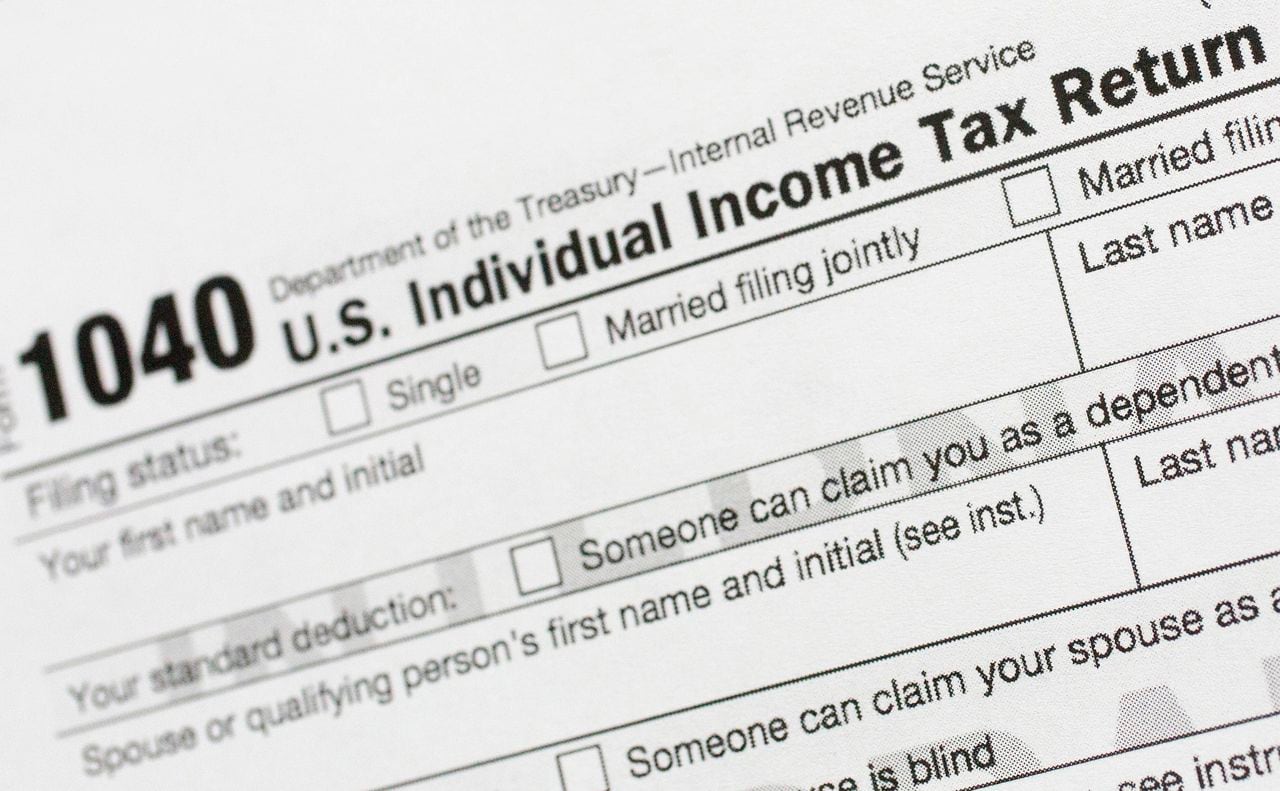IRS delays big tax change â again
The Internal Revenue Service is pushing back a big tax change – again.
The tax agency announced recently it was delaying the implementation of a 2021 law that requires payment platforms such as CashApp, Facebook Marketplace, Etsy, Uber, Paypal or Venmo to send 1099-K tax forms to anyone who received more than $600 in 2023, no matter the number of transactions.
It’s the second time the tax agency has announced it was delaying the change and is being done to “reduce taxpayer confusion,” the IRS said in a statement.
“We want to make this as easy as possible for taxpayers. We will work to make the new reporting requirements easier for them, and we’ll work closely with third-party groups, tax professionals and others to find the smoothest path to ensure compliance with the law,” IRS Commissioner Danny Werfel said.
The delay doesn’t change the requirement that all taxable income be reported to the IRS.
READ MORE: Alabama’s bonus tax rebates will start going out this week
Without the delay, an estimated 44 million 1099-K forms would have been sent to millions of taxpayers for 2023, even though many did not owe taxes on the payments and weren’t expecting the forms, Yahoo reported. Instead, the IRS will use the existing threshold that requires 1099-Ks for those with more than 200 transactions that exceed $20,000 in income. Those 1099s will go out at the beginning of 2024.
Then, the next year, the IRS will lower the reporting threshold to $5,000, reportable on 2025 taxes as part of what it calls a “phased-in” approach to reaching the $600 limit.
“Taking this phased-in approach is the right thing to do for the purposes of tax administration, and it prevents unnecessary confusion as we continue to look at changes to the Form 1040. It’s clear that an additional delay for tax year 2023 will avoid problems for taxpayers, tax professionals and others in this area,” Werfel said.
None of the reporting requirements apply to personal transactions, such as birthdays or holiday gifts, sharing the cost of a car ride or meal or paying a family member. It would, however, cover things like the selling of goods and services, including personal items like clothing, furniture and other household items.
